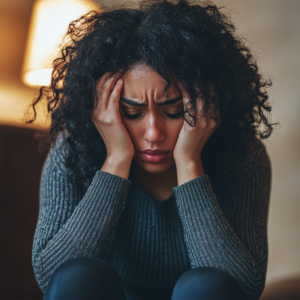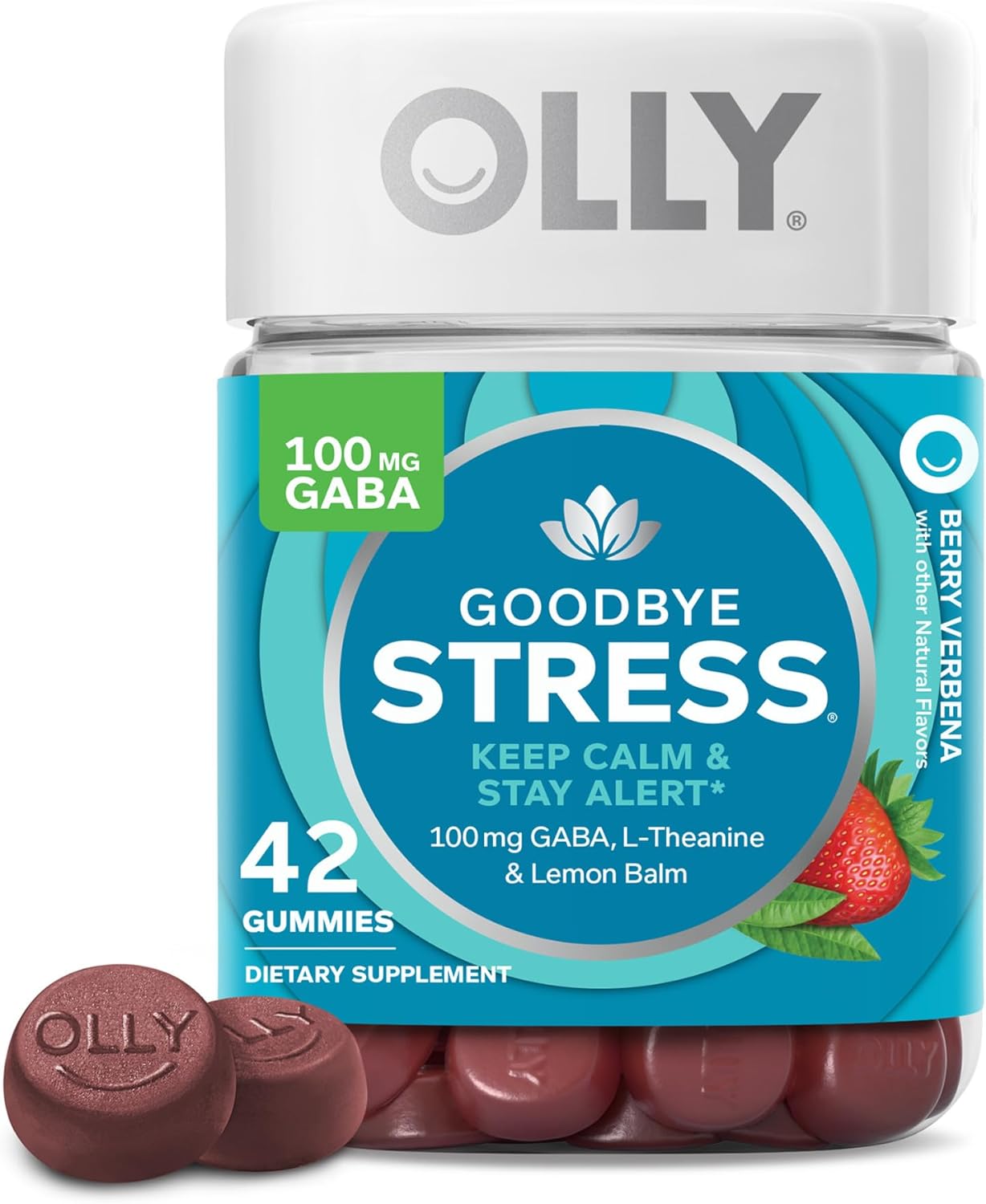
Managing anxiety is something we all experience from time to time, but it seems like it’s everywhere these days. It doesn’t have been you more anxious lately; you’re not. The world we live in now is fast-paced, always connected, and often overwhelming, which can make anxiety feel like a constant companion. But understanding why anxiety is so common today can help you take steps to manage it better.
Let’s start Talking about what anxiety is. It’s your boat’s nature body to stress, a way of telling you that something might be wrong. While a bit of anxiety can be helpful, like when it pushes you to meet a deadline, too much of it can make daily life feel overwhelming. When anxiety gets out of control, it can turn into an anxiety disorder, which is when it starts to interfere with your life. You might feel constantly worried, restless, or unable to concentrate, which can even affect your physical health.
But why does it seem like anxiety is so much more common now? There are a few reasons. First, technology plays a significant role. We’re more retired than ever before, which means we’re constant bombarded with information—some of it stressful. Social media, in particular, can make us feel like we’re not metering up, fueling feelings of inadequacy and anxiety. Add to that the pressures of modern-day work, economic uncertainty, and global issues like pandemics and climate change, and it’s no wonder that anxiety levels are through the roof.
The Role of Social Media in Your Anxiety
Social media can be a great way to keep in touch with friends and family, but it’s also a source of anxiety. Have you ever found yourself scrolling through Instagram or Facebook only to start feeling bad about your life? That’s because social media often shows us a filtered, highlight-reel version of other people’s lives. We compare our behind-the-scenes to someone else’s else’s, and it’s easy to feel like we’re not.
This comparison culture can lead to something called “social anxiety” ty,“ where you “tend to worry excessively about how others perceive you. You might feel pressure to present a perfect image online or fear judgment if you don’t get likes or comments. Over time, this can contribute to a constant state of anxiety.
But it’s important to remember that what you see on social media differs from the future. Everyone has struggles, and no one’s life is as perfect as it might seem online. Taking breaks from social media or setting limits on your screen time can help reduce these feelings of anxiety.
Work Stress and the Rise of Burnout
Work can be a major source of anxiety, especially in today’s sure. The expectation to always be on, to do more, and to achieve more can lead to a state of chronic stress known as burnout. When you’re burnt, you feel exhausted, detached from your work, and unsure if you’re making real progress. This kind of stress doesn’t just affect your work life; it spills over into your personal life, making it hard to relax or enjoy your time off.
Burnout is closely linked to anxiety because it creates a cycle of stress that’s hard that’s. You might feel on edge, worried about meeting deadlines, pleasing your boss, or keeping up with your coworkers. And because work is such a big part of our lives, it’s easy for these feelings to become overwhelming.
Clearly separating your personal life from your work will help you to fight work-related anxiety. This could involve ensuring you take frequent breaks during the day or shutting off email alerts after hours. It’s also important to find ways to recharge outside of work, whether that’s through breaks, exercise, or spending time with loved ones.
Financial Worries and Their Impact on Your Mental Health
Money can be a massive source of anxiety, especially in uncertain economic times. Financial stress may be like a weight on your shoulders whether your concerns are debt, future savings, or bill pay. This kind of anxiety can affect every aspect of your life, making it hard to focus, sleep, or enjoy time with friends and family.
Financial anxiety often stems from a fear of the unknown—what if something goes wrong? You can’t cover whether this worry can lead to a cycle of stress, where you’re thinking about money, even when trying. And because money is such a big part of our lives, it’s easy to feel overwhelmed by financial stress.
To manage financial anxiety, it’s important to take control of your finances as much as possible. This might mean creating a budget, setting up a savings plan, or talking to a financial advisor. Even small steps can help you feel more in control and reduce your anxiety. And remember, it’s okay to ask for help if you’re struggling. There are resources out there that can support you.

BUY NOW $11.99
How Global Issues Fuel Anxiety
We’re more exposed to global events than ever before, and while that can be a good thing, it can also be a source of anxiety. Whether it’s news about a pandemic, climate change, or political unrest, it’s easy to become overwhelmed by the sheer amount of information we’re exposed to daily. This constant stream of bad news can make the world feel like a scary, unpredictable place, leading to anxiety about the future.
One of the challenges of living in a 24-hour news cycle is that it’s hard to escape the stress. Even if you try to avoid the news, it can still seep into your life through social media or conversations with others. Over time, this can lead to a sense of helplessness, where you feel like you can do nothing to change what’s happening in the world.
Setting boundaries with the news is essential to reducing anxiety caused by global issues. This might mean limiting your time reading or watching the news each day or choosing specific times to check-in. It can also help to focus on the things you can control, like taking care of yourself and supporting causes that matter to you. Recall that if the news causes you mental health issues, it’s reasonable to step away from it.
Simple Strategies to Manage Your Anxiety
Now that we’ve discussed what causes anxiety, let’s look at simple strategies for managing it. These are all things you can do in your everyday life to help reduce stress and feel more in control.
Using mindfulness and meditation is among the best strategies for controlling anxiety. These techniques enable you to remain in the present rather than being mired in future concerns. Your mood can change significantly even after a few minutes of daily meditation. Many apps and web tools can help you through meditation to begin with.
Still another effective strategy for controlling anxiety is exercise. Physical exercise helps lower stress hormone levels in your body and releases endorphins, natural mood enhancers. You don’t have a marathon; any kind of movement—dancing or walking—can help you feel better.
One also has to learn appropriate limits with technology. The never-ending barrage of information in a society when everyone is always connected can easily overwhelm one. Limiting screen usage, scheduling frequent breaks, and disconnecting from social media all help lower anxiety.
If you find that your anxiety is getting in the way of your life, it might be time to seek professional help. Therapy can be incredibly effective for managing stress, and there are many different approaches, from cognitive-behavioral therapy (CBT) to mindfulness-based treatment.
A therapist can assist you to identify the underlying causes of your anxiety and create plans of action for handling it.
At last take into account the strength of a support network. Having people you can talk to, friends or a support group, makes a big impact. Just knowing someone is there for you will help you overcome your worry and lessen feelings of isolation.
Creating Long-Term Habits for a Calmer Life
Managing anxiety isn’t just dealing with it at the moment—it’s also creating long-term habits that help you feel more at peace. One of the best ways to do this is by establishing a routine. Having a daily routine gives your life structure and can make you feel more in control, which can reduce anxiety. It doesn’t have to be rigid—just having a general plan for your day can help.
Developing thanksful and happy attitude is another strong habit. Emphasizing the positive aspects of your life will help you to change your perspective from concern and anxiety. One easy approach to list three things you appreciate every day is to keep a thank-you diary.
And remember your own self-care. Managing anxiety depends on you spending time to tend to your mental, emotional, and physical health. This could entail eating healthily, sleeping sufficiently, or lounging and engaging in activities you enjoy. Recall, your general health is not dependent on self-care.
Wrapping It All Up
Managing anxiety might be a standard part of life today, but that doesn’t mean it doesn’t control you. By understanding what triggers your anxiety and taking steps to manage it, you can start to feel more in control and less overwhelmed. Whether it’s through mindfulness, exercise, setting boundaries with technology, or seeking support, there are lots of ways to reduce anxiety and improve your mental health. Remember, you’re not on this journey, and with the right strategies, you can find peace and calm today.





